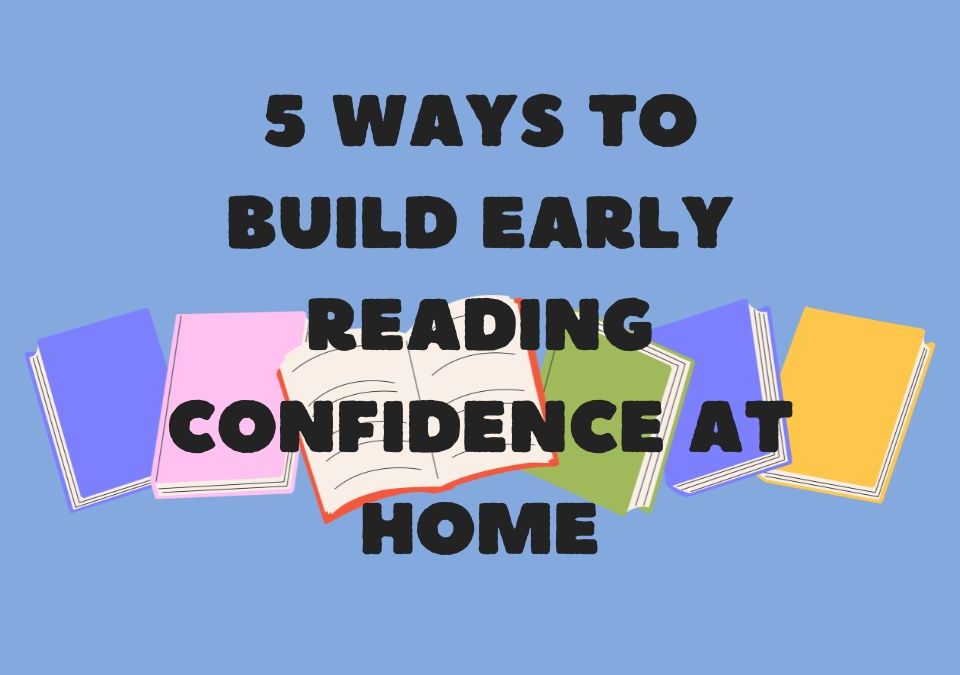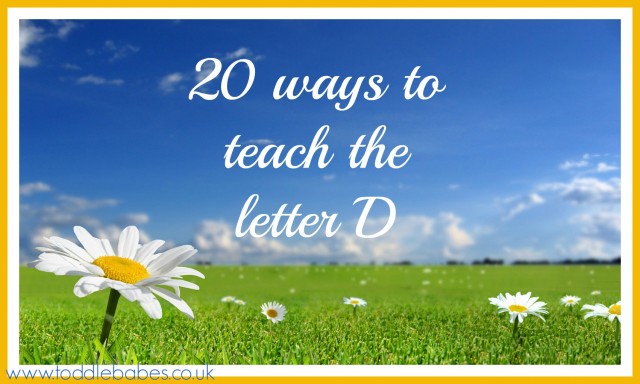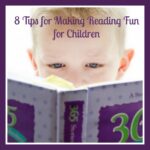
8 Tips for Making Reading Fun for Children
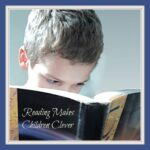
Does Reading Make Children Clever?
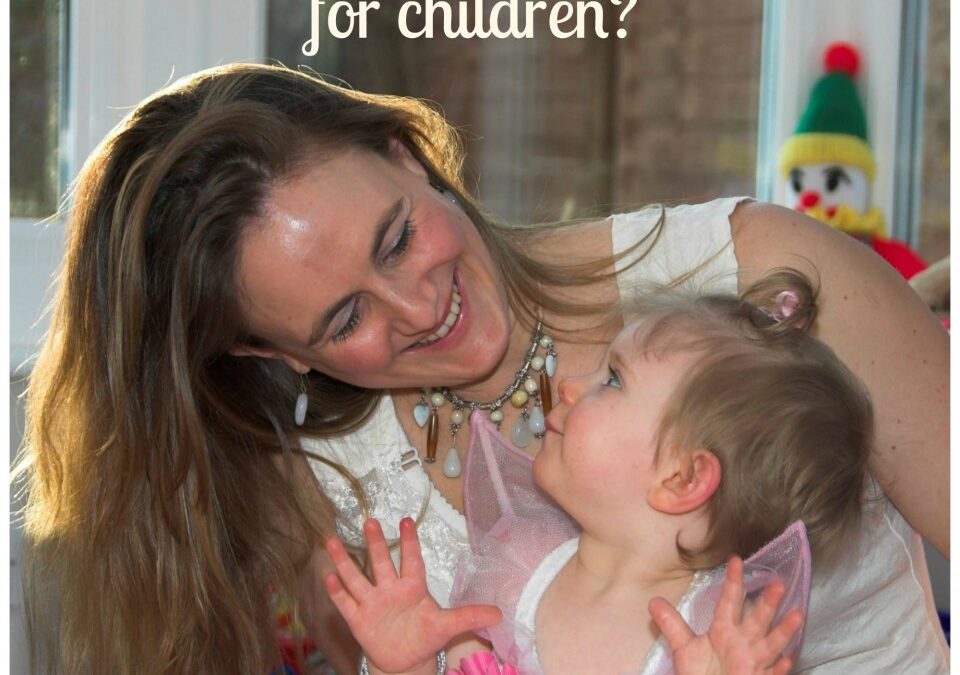
Being with others in a social environment helps children to build relationships and develop the ability to participate fully in society.
Babies and children need to be with people who they trust and feel nurtured by to enable them to become skilful communicators. Since they learn from parents or carers-those whom they trust and have connected within a warm and loving relationship- it is important to encourage this interaction.
What does communication mean for children?
Babies learn to talk by being talked to. To enhance their vocabulary and understanding, the significant people in a babies life should chat. I like to give a running commentary of what I am doing, be it washing dishes, sweeping, folding laundry or making food. Research has shown that children who spend a lot of time with a chatty parent or carer are more likely to speak sooner and have a broader vocabulary and I can certainly vouch for that with my 3 and 5 year olds!
Children who spend a lot of time with a chatty parent or carer are more likely to speak sooner and have a broader vocabulary.
Parents and other family members are often more intune with the babies speech patterns and may act as interpreters. I see this in many toddler groups when a child says something I can’t for the life of me understand and the mother turns and responds without hesitation. It’s like they have their own secret code. Use this “inside link” with your own children. It encourages them to talk and to engage in meaningful conversations and will over time be one of the most effective things you can do to help them become efficient communicators.
Babies will often use their voices to let others know what they need or how they feel. This also allows use to get an impression of their personalities. My 11 month old has a series of groans, yells, squeals and screams-usually accompanied by a pointing finger to indicate what he wants. The urgency of the “request” depends on which sound effect he uses. By responding in sentences like, “Do you want your drink?” or “Where has it gone? Go and find the ball…there it is!” I am reinforcing the necessary vocabulary and helping him to feel understood and therefore less frustrated.
As a child’s ability to communicate grows, it is essential to provide them with a variety of opportunities to interact with others. This can be in the form of music, dance, songs and rhymes and even drawing, reading or writing. Provide daily opportunities (toddler groups and classes are great for this) for children to share in these activies and model them yourself. Allow your toddlers to see you reading and writing.
The key is to do something and TALK about it
You can enrich the home environment through using labels, signs, notices, pictures, lists and words on furniture or as information. These don’t have to be fancy. Write them on bits of colured paper or print them on the computer. Make sure there are always bits of paper (I use scraps in various sizes and even cut up old cardboard packaging for my children to use), pens, books and access to music. Allocate time for the children to use them and to discuss with you what they are doing.
In this technolgy driven society, make some time for your child to experience computers and other communication devices. I have a old style tape recorder which the children use to record themselves singing or speaking, I also video them chatting and allow them to watch it back and have a slot for them to play appropriate games on the computer. My daughter who is 5, also likes to look up information about the topics they are learning at school using the internet. (under supervision of course!) Even opening a word processing programme and allowing them to type randomly and experience the keyboard and print out what they have types can be a fun and useful activity. As they become more able, they can even type letters or thier news for that week.
Lastly, around the dinner table. A simple family chat can be most useful in developing communication. Especially if you have a few children and can engage them all in a lively discussion about thier day. I often initiate a discussion by asking each child in turn to relate their day to Daddy who was not with them to see it happen. We have to listen to each other and ask questions as appropriate. This also has the duel function of making the children feel like their day is important and that we are interested in all they do.
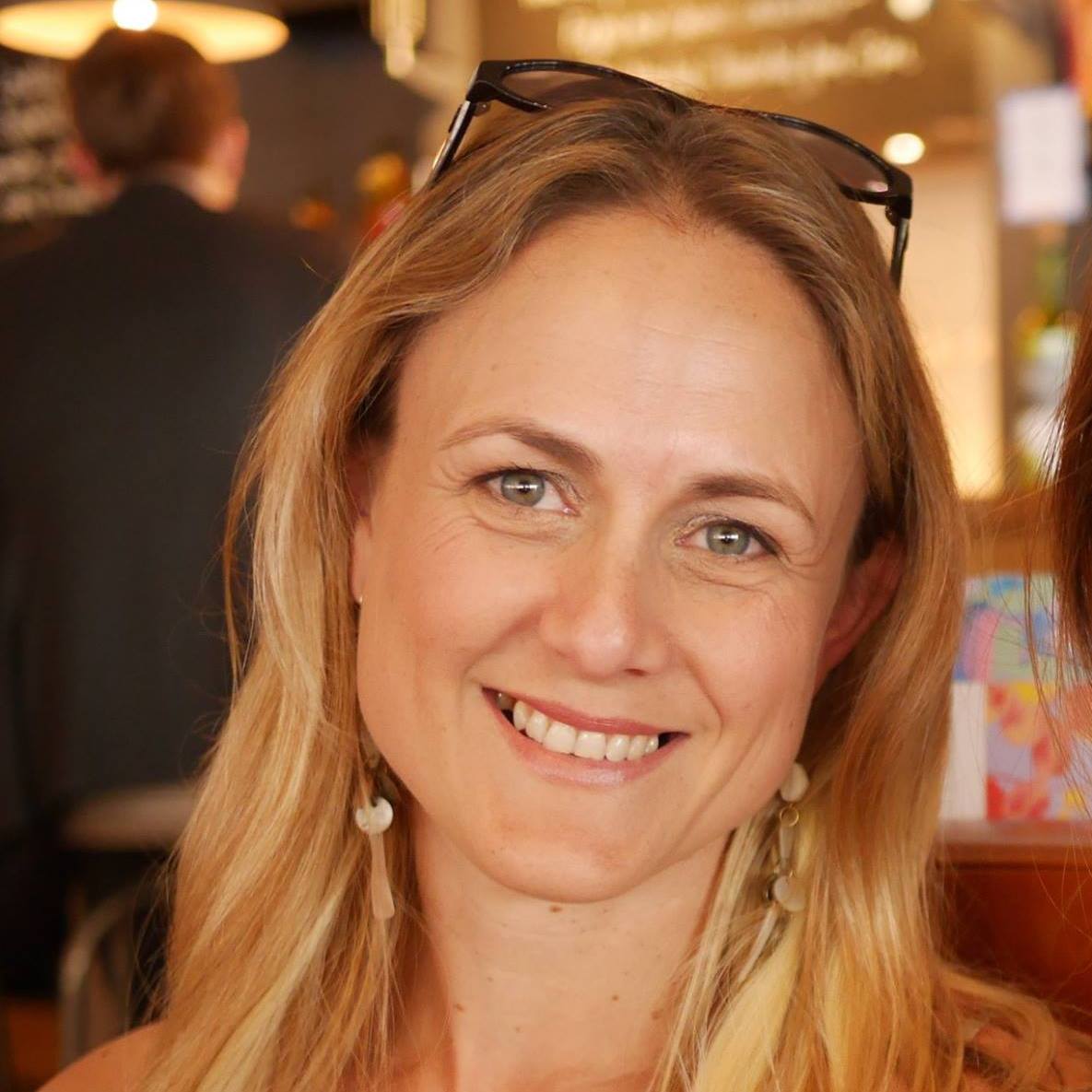
I am a preschool and primary school teacher and mum to 3 children. I have been involved in education since 1997 and have trained in a variety of educational specialist areas. It is with this expertise that I write articles to help parents and educators provide quality learning experiences for the children in their care.


